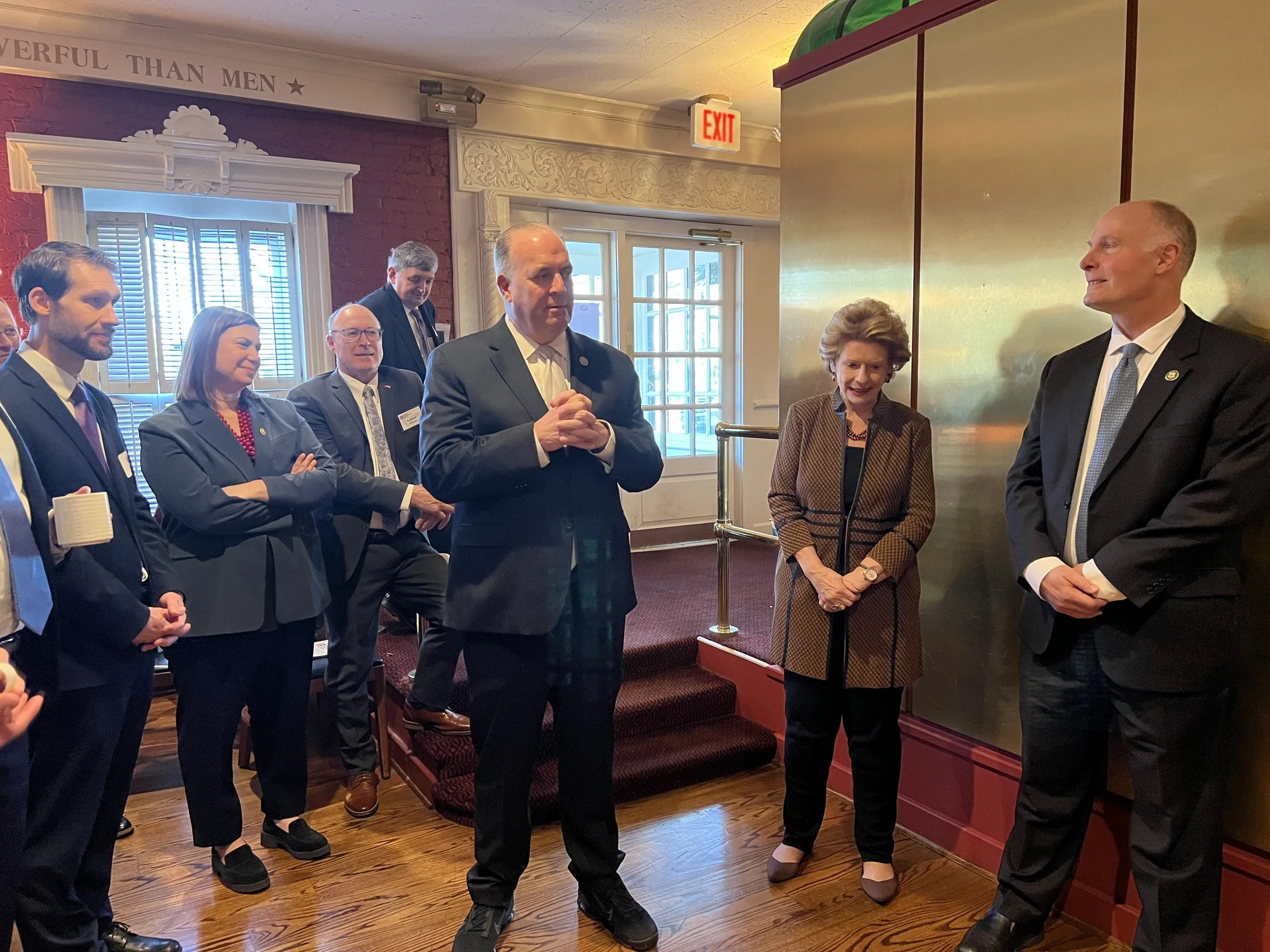Groups that make up Agricultural Leaders of Michigan (ALM) spoke out on National Ag Day, March 19, to spotlight skyrocketing labor costs facing farms and call on Congress to pass the Supporting Farm Operations Act (H.R. 7046).
The legislation, introduced by Congressman John Moolenaar, will address increasing labor costs that threaten the viability of a variety of sectors across Michigan agriculture.
ALM member groups represent lenders, agri-businesses as well as milk and pork producers and they are working with elected leaders to get a handle on high labor costs. ALM is made up of the Michigan Agri-Business Association, Michigan Pork Producers, GreenStone Farm Credit Services and the Michigan Milk Producers Association.
The group applauded the Supporting Farm Operations Act, noting it addresses high labor costs facing Michigan farmers by freezing the wage rate for migrant farm workers, known as the Adverse Effect Wage Rate (AEWR), until end of 2025. The wage requirements set for these employees are determined by the U.S. Department of Labor.
A freeze in the AEWR is especially important for farmers in Michigan, which has one of the highest rates in the country. In January, the Department of Labor increased Michigan’s AEWR for the 10th consecutive year, to $18.50 per hour, an increase of $1.16 per hour from December.
“Michigan farmers grow and raise food for Michigan residents and people around the world,” Moolenaar said. “My legislation ensures they will continue to have a reliable workforce and can make ends meet while growing the food we need.”
Travis Jones, president & CEO of GreenStone Farm Credit Services, noted the important role agriculture policy plays in maintaining the sustainability of its farmer members.
“As interest rates remain higher than previous years, it’s only one of many costs facing farmers,” Jones said. “As margins and returns on investment farmers earn continue to be slim, every dollar is critical, which is why we need help keeping labor costs in check.”
The milk and dairy sector of the agricultural industry also noted the continued labor challenges across sectors – from the supply chain to farms to manufacturing plants.
“We look forward to working with our partners at the state and federal level to help in fulfilling year-round labor needs of dairy farmers,” said Joe Diglio, president and CEO of Michigan Milk Producers Association.
“Michigan’s pork industry is struggling with high input costs including labor,” said Mary Kelpinski, CEO of Michigan Pork Producers. “With help from our lawmakers at the state and federal level, we can take the steps needed to ensure pork, and all critical sectors of the ag industry in Michigan, continue long into the future.”
Chuck Lippstreu, president of Michigan Agri-Business Association, said farmers’ success translates to success for other businesses on the food value chain.
“Agriculture remains a leading economic engine for Michigan, but the rapid increase in the AEWR threatens the viability of some farms in our state, especially labor-intensive fruit and vegetable operations,” Lippstreu said. “It’s critical that Congress pass the Supporting Farm Operations Act without delay, to provide growers with certainty going forward. This legislation will strengthen the broader agricultural economy in our state.”











